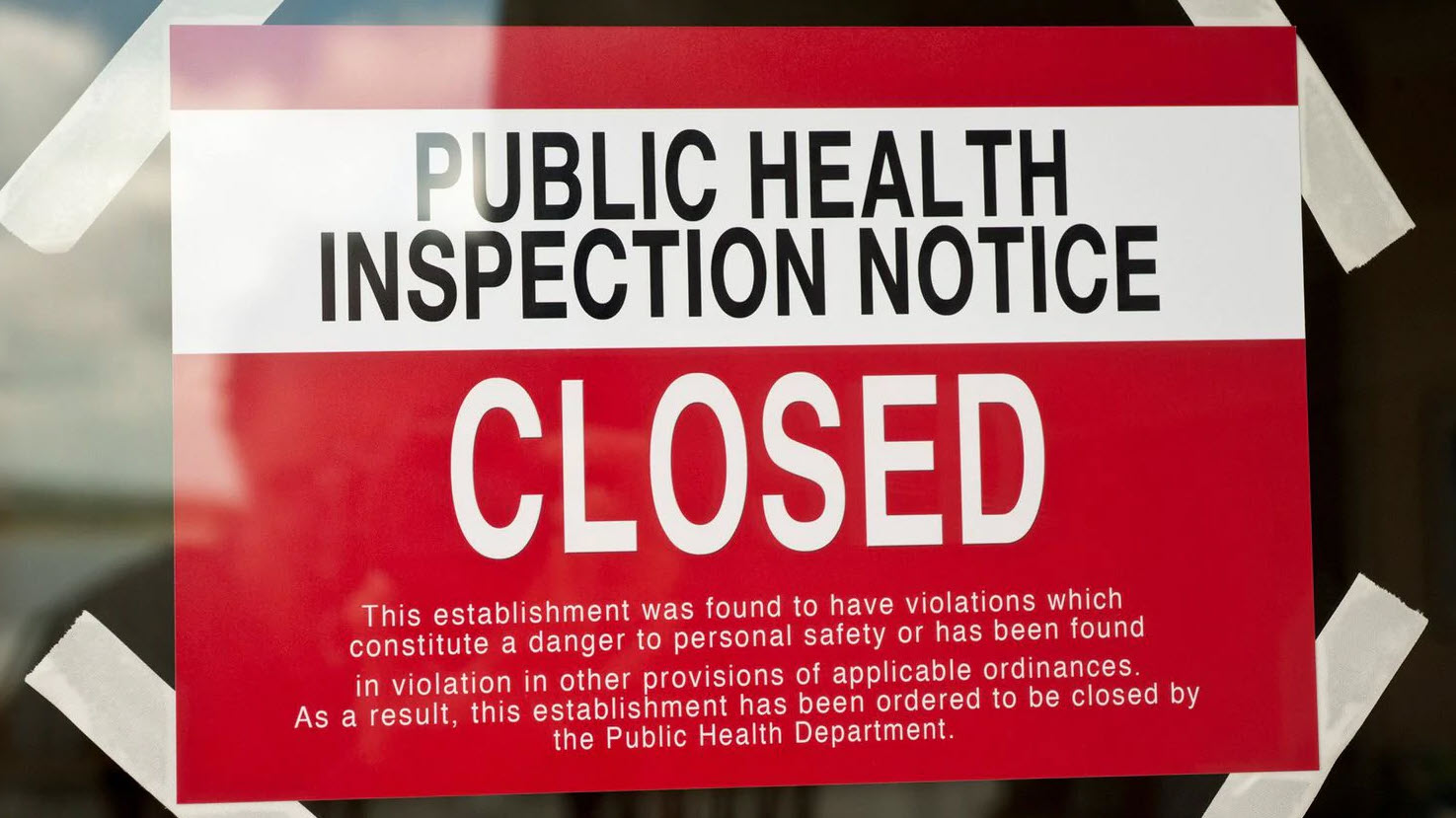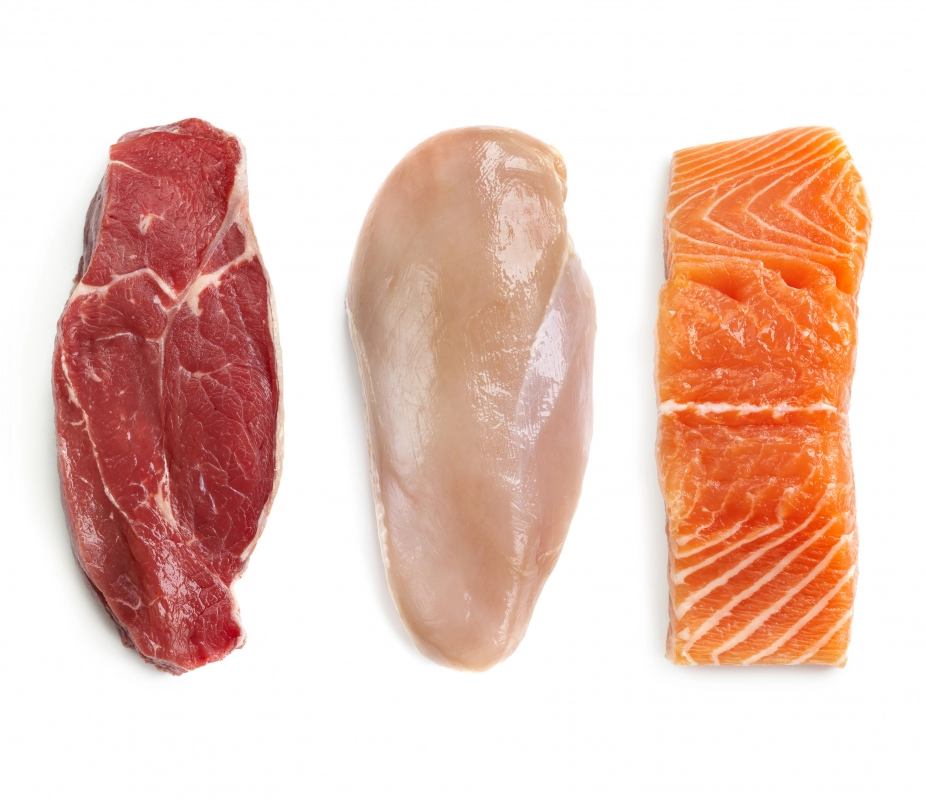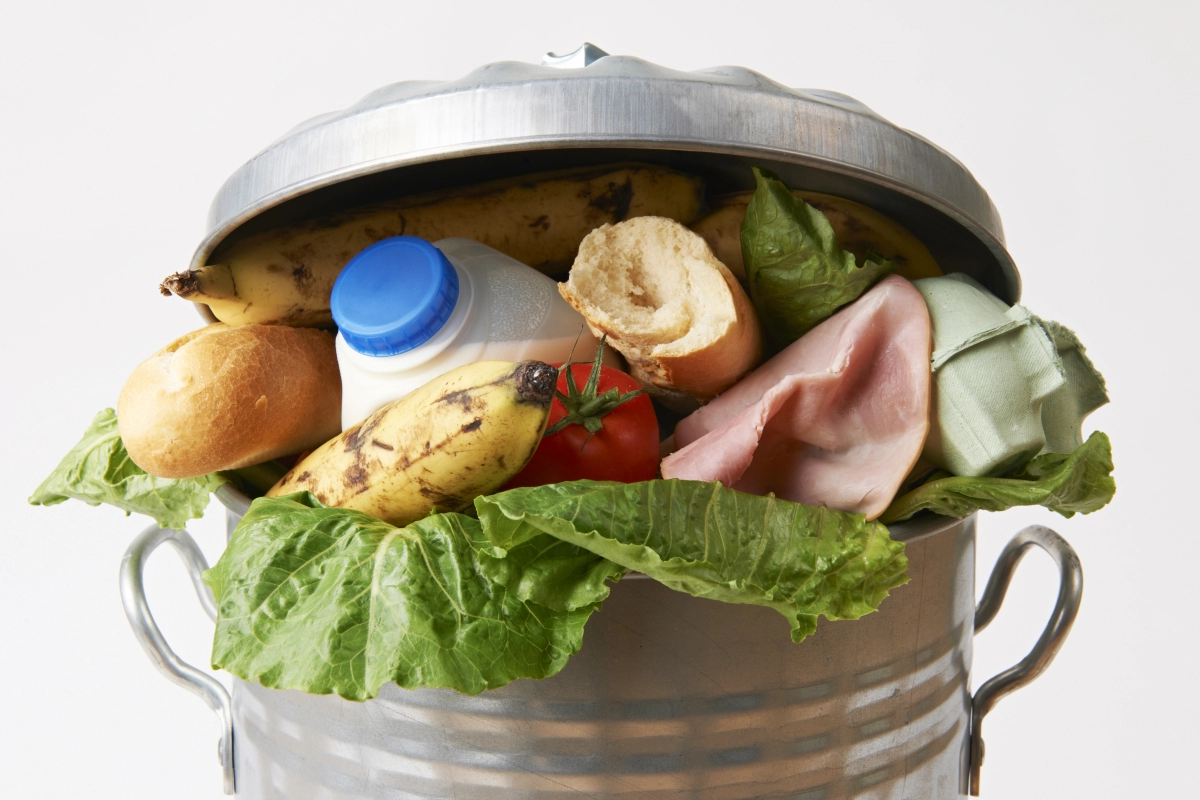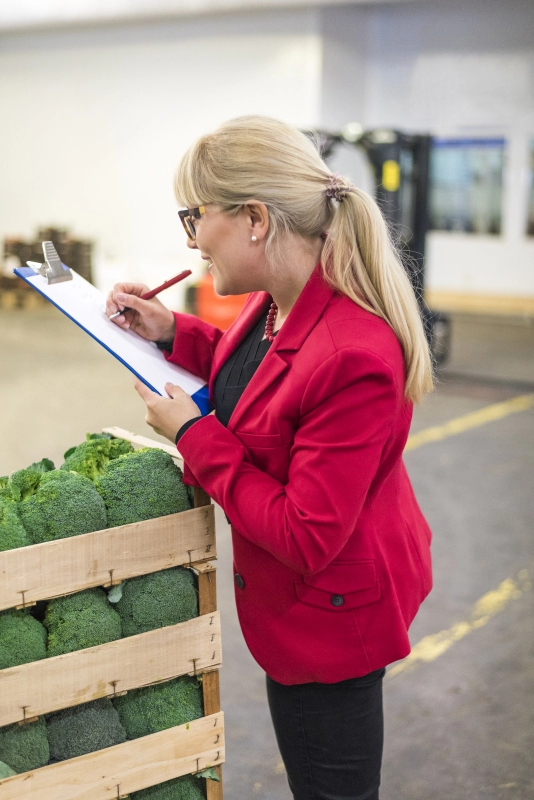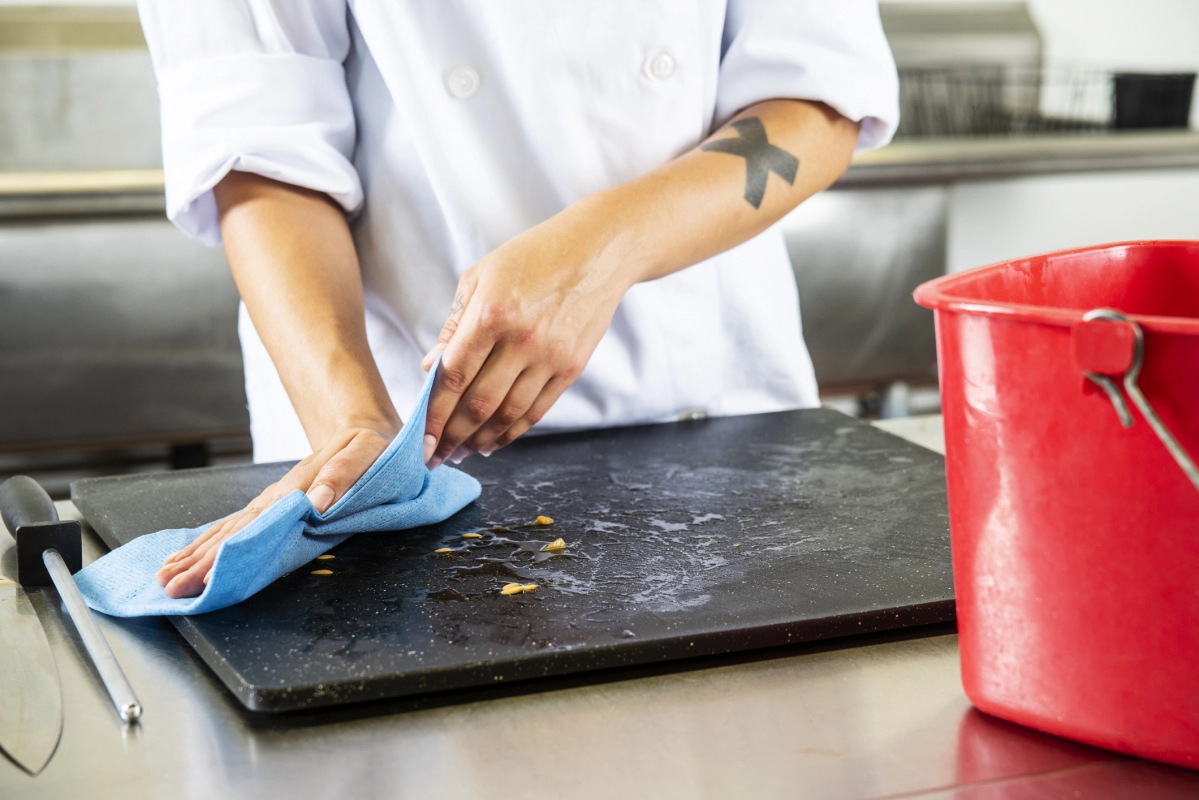
Businesses invest a great deal of money and resources into their Learning Management System (LMS), which streamlines employee training, centralizes learning, provides an interactive environment for learners, and lowers time and costs associated with training and development. This investment can be leveraged by restaurants and food service business by implementing a food handler certification training solution that integrates with your preexisting LMS.



